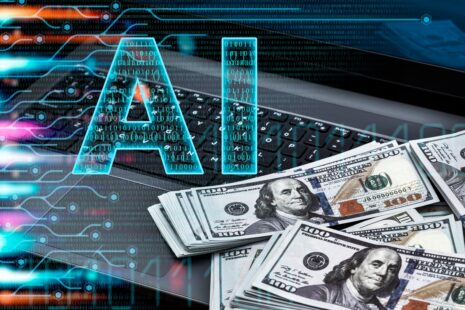AI has incredible potential to transform industries and improve lives, but it also brings challenges and risks. While there’s no definitive answer, there are valid reasons for both optimism and caution. Here’s a breakdown of why AI could be a cause for concern and how those risks can be managed.
Reasons to Be Concerned About AI
- Job Displacement
- AI and automation are expected to replace many jobs, especially in fields involving repetitive or data-driven tasks (e.g., manufacturing, customer service, data analysis). While new jobs will be created, the transition could lead to significant economic disruptions.
- Ethical and Bias Issues
- AI systems can inherit biases from the data they are trained on, leading to unfair or discriminatory outcomes in areas like hiring, lending, and law enforcement. If unchecked, AI could exacerbate existing inequalities.
- Loss of Control
- Advanced AI systems might become so complex that their decision-making processes are difficult to understand or predict. This “black box” problem raises concerns about transparency and accountability.
- Misinformation and Deepfakes
- AI can generate realistic fake content, such as videos or news articles, making it harder to distinguish truth from falsehood. This poses risks to trust in media and democracy.
- Autonomous Weapons
- The development of AI-powered weapons could escalate conflicts and reduce the role of human decision-making in warfare, leading to unintended consequences.
- Superintelligence Risks
- Some experts worry about the long-term risk of AI surpassing human intelligence, potentially acting in ways that conflict with human interests if not carefully controlled.
Reasons to Be Optimistic About AI
- Increased Efficiency
- AI can handle repetitive tasks and complex data analysis quickly and accurately, freeing up human workers for more creative and meaningful roles.
- Improved Healthcare
- AI is transforming healthcare by enabling early disease detection, personalized medicine, and faster drug development.
- Enhanced Problem-Solving
- AI is helping tackle global challenges, from climate change modeling to disaster response and poverty reduction.
- Economic Growth
- The AI industry is creating new opportunities, innovations, and markets, fostering economic development.
Balancing the Risks and Benefits
To address concerns about AI, it’s necessary to…
- Establish Ethical Standards
Governments and organizations should create frameworks to ensure AI is used responsibly and without bias. - Promote Transparency
Developers should focus on explainable AI (XAI) to make decisions more understandable and accountable. - Invest in Education and Retraining
Preparing the workforce for AI-driven changes will help mitigate the impact of job displacement. - Implement Regulations
Governments must regulate high-risk AI applications, such as autonomous weapons and data privacy concerns.
AI is a powerful tool with the potential to improve lives and solve significant problems. Yet, its risks—ranging from job displacement to ethical dilemmas—should not be ignored. A balanced approach that emphasizes regulation, education, and ethical development can help society harness the benefits of AI while minimizing its dangers.




